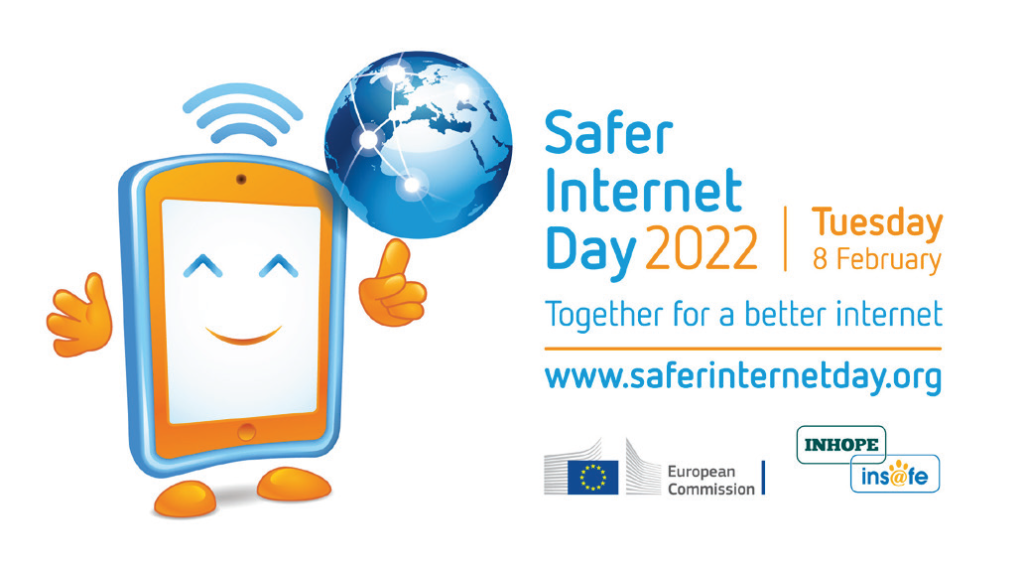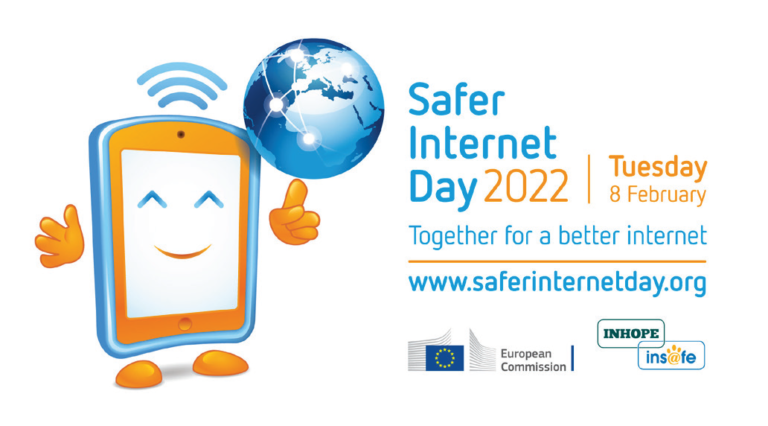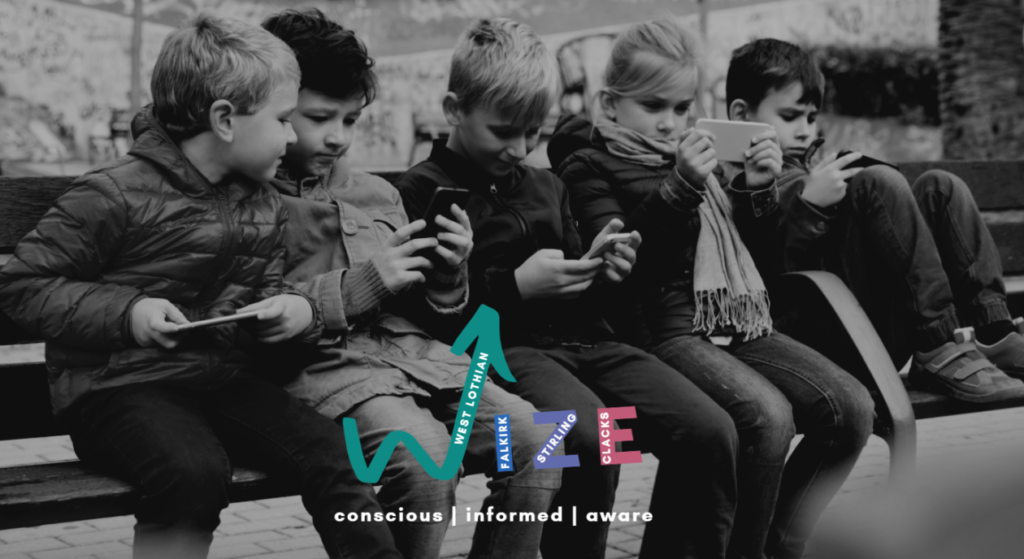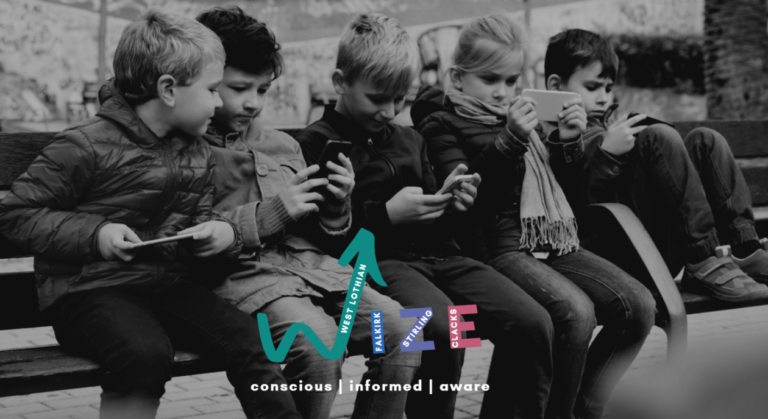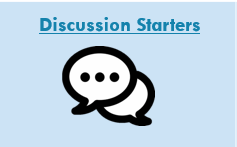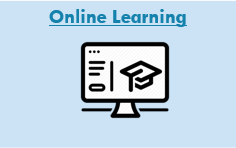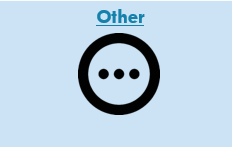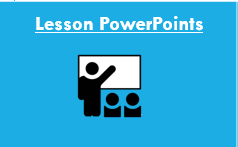
Crossing the Line
This lesson and accompanying film explores the issue of cyberbullying with an LGBT focus. Through the toolkit activities students will define cyberbullying and recognise examples of it; exploring when actions have crossed the line. In addition to this there is clear signposting to advice and support on how to respond to and deal with issues of cyberbullying.
Bounce Back
A whole-school program from P1 to S2, Bounce Back! provides students with practical strategies and life skills to handle challenges and adversity encountered. Subscription required
Emotion Works
Set of resources and training for anyone involved in promoting and delivering emotional education in schools, nurseries and additional support services. Subscription required.
The ICE Pack- Knowing Me, Knowing You
The resource offers a combined social and emotional and skills development programme to support the delivery of a health and wellbeing curriculum. Through a whole school approach, the Knowing Me, Knowing You programme will support schools in building inclusiveness, health and wellbeing, active participation, citizenship and community thus developing the emotional and social attitudes and essential skills of children. Ages 3-12. Subscription required
Kitbag Resources (iffpraxis.com)
A set of resources to help develop our inner capacity for mindfulness, calm, resilience, compassion, relationship, reflection and so on – as individuals, in families, groups, teams and organisations.
Philosophy for Children
Web-based bank of lesson plans and resources to support P4C. These resources require a subscription.
Better Movers, Better Thinkers
Better Movers and Thinkers (BMT) is an approach to learning and teaching in physical education designed to develop the ability of all children and young people to move and think in a more cohesive way with a specific focus on developing, enhancing and fostering Executive Function (EF) skills within the learning process.
ChildNet
This lesson and accompanying film explores the issue of cyberbullying with an LGBT focus. Through the toolkit activities students will define cyberbullying and recognise examples of it; exploring when actions have crossed the line. In addition to this there is clear signposting to advice and support on how to respond to and deal with issues of cyberbullying.
JRSO and Street Sense 2- Road Safety Scotland
This section gives primary age pupils the chance to challenge their road safety knowledge and reflect on their own behaviour and attitudes. It also encourages peer learning and promotes road safety issues through partnership working.
Return to School Resources
Place2Be has put together a series of resources focused on community recovery, to help headteachers and school staff start to bring their schools back together following recent challenging times. Drawing on themes including hope, gratitude and connectedness, these assembly and class activity ideas are intended as a universal resource for all children, and staff are invited to use them as starting points to promote emotional wellbeing and resilience for all.
The Importance of Sleep and Rest
This learning activity supports children to think about the importance of rest and how to improve the quality of sleep. It is intended to support teachers and practitioners to plan learning experiences for children/young people in their usual setting or while they are learning at home.
What Are Coping Skills and Why Do I Need Them?
Everyone has times when they have feelings such as worry, frustration, anger or stress. It is normal to have these emotions about different events or situations in life. It is important that we are able to identify different coping skills to help us deal with our emotions.
Things I Can Do When I’m Upset With Others
Sometimes we feel frustrated or upset with other people. Perhaps we feel this way at times about our friends, or about adults when they do or say something to upset us. It is important to develop strategies to help us deal with others when we feel this way.
Dealing With Disappointments
We all experience times when we are disappointed about something. It is important that we understand why we feel disappointment and develop strategies to help us cope with the feelings.
Stress Can Be Positive
Children often associate stress as something negative. These activities will help children understand that some stress we experience can be positive. If we deal with stress well, it can help us develop resilience.
Strategies for Coping with Stress
Everyone will experience stress at times. Sometimes stress can be positive but at other times it can have a negative impact on us. If we recognise when stress is happening, we can develop coping strategies to help.
Recognising Negative Stress
Everyone experiences stress at some time in their lives. Whilst some types of stress can be positive, there also times when stress can have a negative impact on us. It is useful to be able to identify triggers that might cause negative stress in our lives. If we recognise what might cause us stress, we can be better prepared or even avoid such situations.






